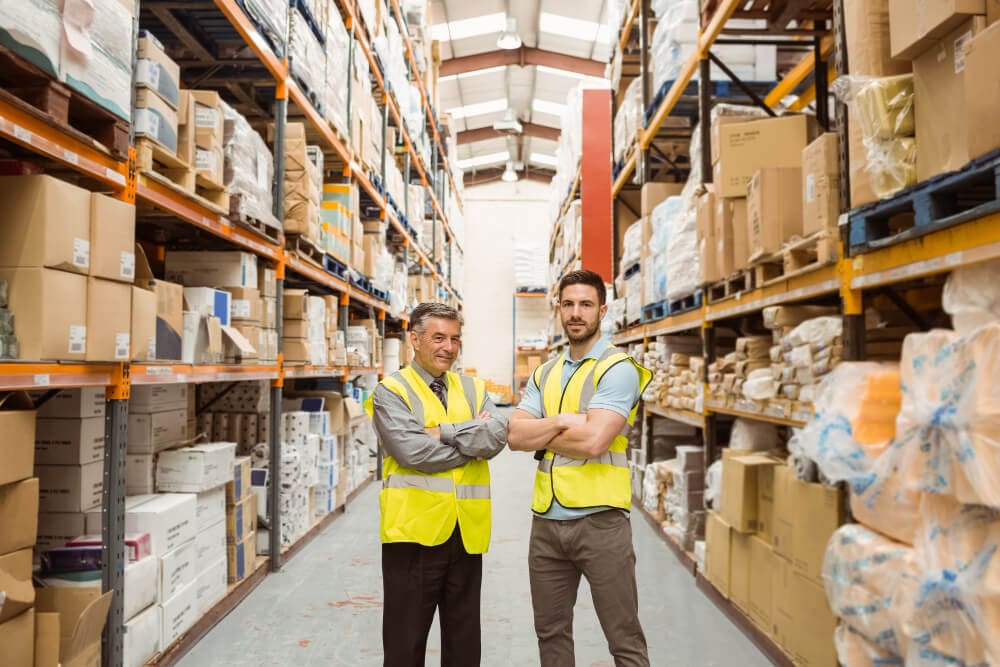
- May 28, 2024
- admin
In today’s competitive marketplace, manufacturers and retailers face numerous risks that can threaten their businesses. One significant risk is product liability, which refers to the legal responsibility of businesses for damages caused by their products. Whether it’s a manufacturing defect, a design flaw, or insufficient instructions or warnings, product-related issues can lead to costly lawsuits and severe financial losses. To mitigate these risks, manufacturers and retailers need comprehensive commercial insurance solutions, including product liability coverage. This blog explores the importance of product liability insurance, its benefits, and how it safeguards businesses in the manufacturing and retail sectors.
Understanding Product Liability Insurance:
Product liability insurance is a type of commercial insurance that provides protection against claims arising from the use of products manufactured, sold, or distributed by a business. This coverage addresses three primary types of claims:
Manufacturing Defects:
These occur when a product is improperly manufactured, resulting in a dangerous defect. Examples include contamination during production or the use of substandard materials.
Design Defects:
These involve flaws in the product’s design that make it inherently unsafe, even if manufactured correctly. Examples include unsafe product designs that pose risks of injury or damage.
Failure to Provide Adequate Warnings or Instructions:
This occurs when a product lacks proper labeling, warnings, or instructions, leading to misuse and subsequent harm. Examples include inadequate warning labels on hazardous materials or incorrect usage instructions.
The Importance of Product Liability Insurance:
For manufacturers and retailers, product liability insurance is crucial for several reasons:
Financial Protection:
Product liability claims can result in substantial financial losses, including legal fees, settlement costs, and damages awarded by courts. Without insurance, these costs can be devastating for businesses, particularly small and medium-sized enterprises (SMEs). Product liability insurance provides a financial safety net, covering these expenses and ensuring business continuity.
Risk Management:
Having product liability insurance encourages businesses to implement robust risk management practices. Insurers often require policyholders to adhere to specific safety standards and quality control measures, reducing the likelihood of product-related incidents and claims.
Legal Compliance:
In some jurisdictions, product liability insurance is a legal requirement for certain industries. Compliance with these regulations not only avoids legal penalties but also demonstrates a commitment to consumer safety and responsible business practices.
Reputation Protection:
Product-related incidents can harm a company’s reputation, eroding consumer trust and loyalty. By providing coverage for recall costs and public relations efforts, product liability insurance helps businesses manage and mitigate reputational damage.
Benefits of Product Liability Insurance for Manufacturers:
Manufacturers, as the originators of products, face unique risks that make product liability insurance essential:
Coverage for Manufacturing Defects:
Manufacturing defects can occur despite stringent quality control measures. Product liability insurance covers claims arising from defects that occur during the production process, protecting manufacturers from unexpected financial burdens.
Protection Against Design Defects:
Even well-designed products can have inherent flaws that pose risks to consumers. Insurance coverage extends to design-related claims, ensuring that manufacturers are not solely responsible for costly litigation and settlements.
Recall Expenses:
Product recalls can be expensive and logistically challenging. Product liability insurance often includes coverage for recall expenses, helping manufacturers manage the costs of removing defective products from the market and protecting their brand reputation.
Enhanced Marketability:
Having product liability insurance can enhance a manufacturer’s marketability. Distributors, retailers, and consumers are more likely to do business with manufacturers that demonstrate a commitment to safety and have adequate insurance coverage in place.
Benefits of Product Liability Insurance for Retailers:
Retailers, as the final link in the supply chain, also face significant risks related to the products they sell:
Protection from Third-Party Claims:
Retailers can be held liable for selling defective products, even if they did not manufacture them. Product liability insurance protects retailers from third-party claims, covering legal fees, settlements, and damages.
Coverage for Imported Products:
Retailers who import products face additional risks, as they may be held responsible for defects in products manufactured abroad. Product liability insurance provides coverage for claims related to imported products, ensuring retailers are protected regardless of the product’s origin.
Enhanced Customer Trust:
Retailers with product liability insurance can instill greater confidence in their customers. Knowing that a retailer is insured against product-related risks reassures consumers that they will be compensated in case of any product issues.
Supplier Accountability:
Having product liability insurance encourages retailers to work with reputable suppliers who adhere to high safety and quality standards. This not only reduces the risk of defective products but also fosters stronger business relationships.
Choosing the Right Product Liability Insurance:
Selecting the right product liability insurance policy involves several considerations:
Coverage Limits
: Determine the appropriate coverage limits based on your business’s size, revenue, and risk exposure. Higher coverage limits may be necessary for businesses with higher risks or those operating in industries prone to frequent claims.
Exclusions:
Review policy exclusions carefully to understand what is not covered. Common exclusions may include intentional misconduct, criminal acts, and certain high-risk products.
Deductibles:
Consider the deductible amount, which is the out-of-pocket cost you must pay before insurance coverage kicks in. A higher deductible can lower premiums but may result in higher expenses in the event of a claim.
Policy Endorsements:
Explore additional endorsements or riders that can enhance your coverage. For example, some policies offer endorsements for product recalls, international coverage, or cyber liability.
Insurance Provider Reputation:
Choose a reputable insurance provider with experience in your industry. A reliable insurer will offer tailored coverage, competitive rates, and efficient claims processing.
Conclusion:
Product liability insurance is an essential component of commercial insurance solutions for manufacturers and retailers. By providing financial protection, encouraging risk management, and enhancing legal compliance, this coverage safeguards businesses against the significant risks associated with product-related claims. Whether you’re a manufacturer responsible for producing safe products or a retailer ensuring the quality of the goods you sell, product liability insurance is a critical investment in the longevity and success of your business. By understanding its importance and benefits, and choosing the right policy, you can protect your business, your customers, and your reputation in an increasingly complex marketplace.
Here When You Need Us
Whether you’re looking to update your policy, explore new coverage options, or simply have questions about commercial insurance, O’Neal & Associates Insurance is here to help! Contact us at 478-788-1104 or request an online quote today!

